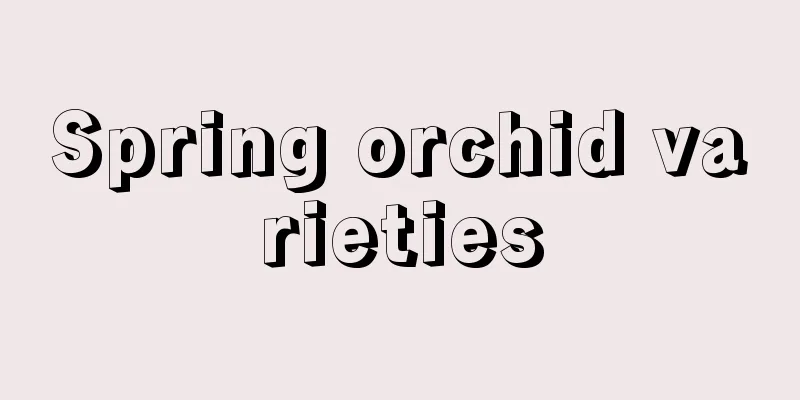Winter care of Gloxinia

1. Low temperature treatmentIn winter, when the overall temperature is low, plants such as Gloxinia will stop growing and go into dormancy. At this time, no matter how you take care of it, it will not grow, so the African violet can be preserved. First, collect the bulbs and place them in a place with low temperature and low humidity, waiting for them to dry naturally, or wrap the bulbs of Gloxinia with absorbent paper, such as newspaper. When winter is over, at least after the fifteenth day of the first lunar month of the Spring Festival, the bulbs can be replanted and maintained according to normal care methods. 2. Maintenance in the NorthIf it is a northern family that has heating in winter, then you can continue to plant it and it will bloom like normal seasons. The suitable temperature for Gloxinia is 20 degrees. If the temperature at home can reach this temperature, you can maintain it according to normal maintenance methods. However, in some homes with heating, or in the warmer south, the temperature will not drop below five degrees Celsius, but it will still be less than twenty degrees Celsius. At this time, the amount and frequency of watering should be reduced to prevent root rot. 3. How to spend the dormant periodIf Gloxinia enters a dormant period, the temperature still needs to be maintained at a certain temperature, between ten and twelve degrees. If it is not taken out and stored separately, the pot should be kept dry to prevent rotting in a cold and humid environment. During the dormant process, it is not suitable to be placed in places with strong light. The plants should be properly shaded and can only be placed when the sunlight is not strong. 4. How to germinate after rejuvenationAfter spring, at least after the 15th day of the Spring Festival, when the temperature remains around 15 degrees Celsius to 25 degrees Celsius, the bulbs of the African violet can be moved back into the soil and watered. When the temperature reaches above twenty degrees, it will germinate naturally. After germination, if it has reached the 2-3 year period, you can choose to divide the bulbs. After dividing, you should pay attention to applying appropriate amount of fertilizer and be careful not to dirty the leaves to prevent leaf spotting and rot. It will bloom three to four months after planting. If you do not want to keep seeds after the flowers fade, cut off the remaining flowers and let it continue to bloom or cultivate bulbs. |
>>: How does Purple Calyx pass the winter?
Recommend
When is corn harvested in Shandong?
China is a vast country with abundant resources. ...
When is the best time to sow five-color chrysanthemum
Suitable time for sowing five-color chrysanthemum...
Is the big leaf bromeliad poisonous?
1. Toxicity Many people know that ordinary plants...
Peach seed sowing method
Peach seed sowing time Peach seeds can be sown in...
When and how long does it take to harvest garlic sprouts in Henan?
Henan garlic sprout harvest time Henan garlic sho...
Why can pitcher plants eat insects?
How to Eat Bugs The reason why Nepenthes is able ...
How to top the fiddle-leaf fig and when to prune it
1. How to pinch the top of fiddle-leaf fig 1. Tim...
What to do if the stems of lucky bamboo are wrinkled
1. Increase the temperature Reason: Low temperatu...
What kind of soil does agave like? Does it like sunlight?
1. What kind of soil do you like? Its origin is i...
White butterfly cutting cultivation method
Breeding time White butterfly can be propagated b...
How and when to plant celery
Celery Planting Time Celery can be planted in Mar...
Can sunflowers be grown in Hunan?
Can sunflowers be grown in Hunan? Sunflowers can ...
The causes and solutions of the excessive growth of the lotus
The reason why the lotus grows too long Insuffici...
Is Dendrobium candidum a shade-loving or sun-loving plant?
Does Dendrobium officinale prefer shade or sun? D...
How to save seeds of cyclamen
Cyclamen seeds introduction Cyclamen has seeds, w...









